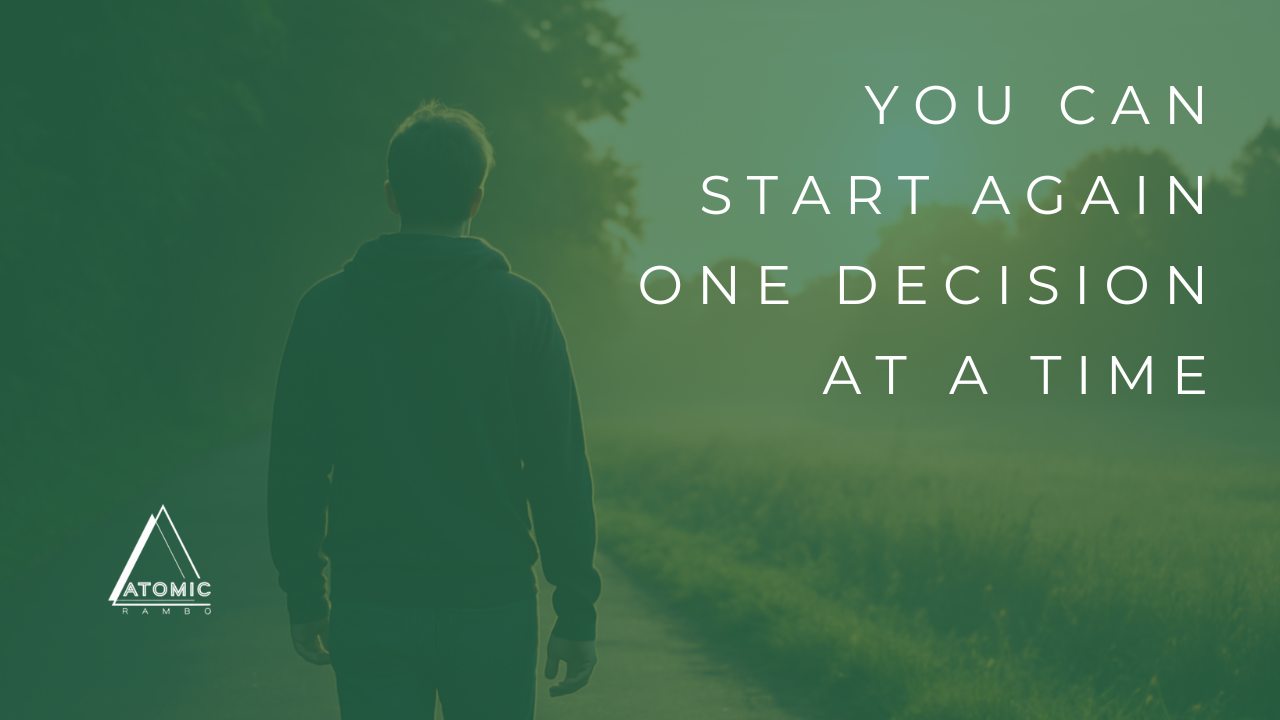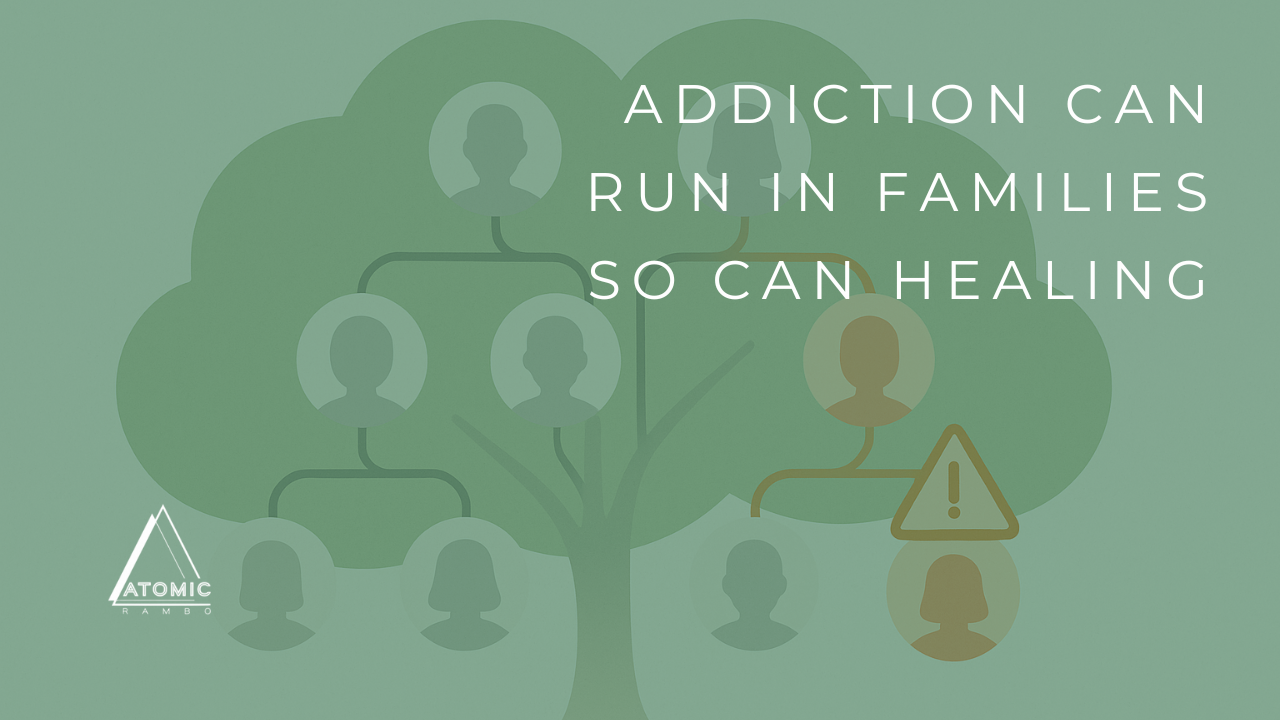
Understanding Alcohol Dependency
Apr 18, 2025Reclaim Your Story: A Journey Beyond Addiction
At ARC, we believe in this: no one can do the work for you—but you don’t have to do it alone.
Alcohol dependency rarely begins with alcohol. It begins with coping—trying to manage grief, stress, trauma, or boredom. What starts as relief becomes routine. What once gave you control starts to take it away.
At ARC, we help you build awareness of the story you’ve been living. Then we walk with you as you develop the resilience to change it—and support you as you commit to building a life that no longer needs alcohol.
Understanding the Layers of Alcohol Dependency
Alcohol dependency isn’t just about the drink. It’s about biology, emotion, culture, and environment — and the way those forces stack over time. If we don’t unpack the full picture, we stay stuck in a loop that feels personal but is often patterned.

Neurochemical Impact
Alcohol increases dopamine — a chemical tied to reward and motivation. Over time, your brain adapts by lowering its natural dopamine output. It stops working as well, and without alcohol, you feel flat.
You’re not imagining it. This is a known part of withdrawal.
What That Feels Like:
- A loss of motivation or interest in things you used to enjoy
- Trouble focusing, feeling numb or agitated
- Difficulty getting out of bed, even without hangovers
What Helps:
- Micro wins: Track small goals. Celebrate completing tasks.
- Movement: Walking, stretching, anything rhythmic helps reset dopamine naturally.
- Light exposure: Sunlight and sleep routines help repair circadian rhythm.
- Delay major decisions: Your brain is recalibrating. Trust that clarity will return.

Emotional Dependence
Many people don’t drink to feel good — they drink to stop feeling bad.
When you remove alcohol, all the noise comes back. Grief. Shame. Anger. Loneliness. It’s common to feel worse before you feel better.
This is not weakness. It’s emotion without a mask.
What Helps:
- Urge journaling: What triggered the feeling? What’s the deeper emotion?
- Grounding: Try the 5-4-3-2-1 technique. Feel the floor. Drink cold water.
- Name it aloud: “I feel overwhelmed.” Language regulates emotion.
- Reach out: You don’t need to process everything alone.
At ARC, we teach emotional resilience — not just abstinence. You need tools to move through what alcohol used to cover up.

Genetic and Epigenetic Risk
Addiction can be inherited — not just genetically, but emotionally. If alcohol was common in your home growing up, it shaped your brain and beliefs.
Dr. Anna Lembke writes that up to 60% of addiction risk may be genetic — but that’s not the whole story. Childhood modelling, stress, and lack of emotional safety are just as powerful.
What Helps:
- Acknowledge the pattern: Knowing where your starting line is changes how you train.
- Reframe your story: You’re not broken. You’re responding to conditioning.
- Create structure: Intentional change requires clear systems and repetition.
You can interrupt the pattern. When you do, you don’t just change your life — you change what’s inherited next.

What Prolonged Alcohol Use Does to the Brain
Your brain remembers. Even after years without drinking, a single exposure can reawaken patterns you thought you’d outgrown.
This is due to something called experience-dependent plasticity. The brain physically changes in response to repeated behaviour — and it doesn’t easily forget.
What Helps:
- Clear identity: Use language like “I don’t drink” instead of “I’m trying to quit”
- Ongoing support: Stay connected, especially during times of stress or change
- New rewards: Build rituals and activities that create pleasure without alcohol
Relapse isn’t about shame. It’s about how powerful the brain’s memory can be — and how vital it is to build something stronger in its place.

We Don’t Just Help You Quit — We Help You Rebuild
Stopping alcohol is a beginning—not an end.
Recovery is about creating a life where alcohol doesn’t belong.
ARC helps you:
- Replace the short-term dopamine loop with meaningful habits
- Build emotional strength and daily structure
- Rewire patterns so that recovery becomes stability
- Protect your future with support that lasts
Your Story Isn’t Over
You’re not broken. You’re not behind.
You’re someone who’s starting again—with more clarity, more awareness, and more support than before.
At ARC, we’ve walked with people who once thought change was impossible. Today, they’re building lives they want to be present for.
You can too.
What ARC Offers
Our coaching programmes are built around three core pillars:
- Awareness — Understand what drives your patterns
- Resilience — Learn how to stay steady when it gets hard
- Commitment — Build the structure that helps it all last
You don’t need to do it perfectly. You just need to start.
Final Thought
If you’ve read this far, you already know something needs to change.
You don’t have to do it alone.
👉 Explore our coaching programmes
Further Reading
- Why Alcohol Holds You Back
- I Had No Idea What Life Without Alcohol Looked Like
- 5 Myths About Alcohol Recovery That Keep You Stuck
NHS-Backed Insight
Find Alcohol Addiction Support Services
The NHS offers free and confidential support, including community rehab, talking therapies, and GP referrals.
(Source: nhs.uk)

Start Your Alcohol-Free Journey Today - Take the First Step
Stay connected with news and updates!
Join our mailing list to receive the latest news and updates from our team.
Don't worry, your information will not be shared.
We hate SPAM. We will never sell your information, for any reason.

